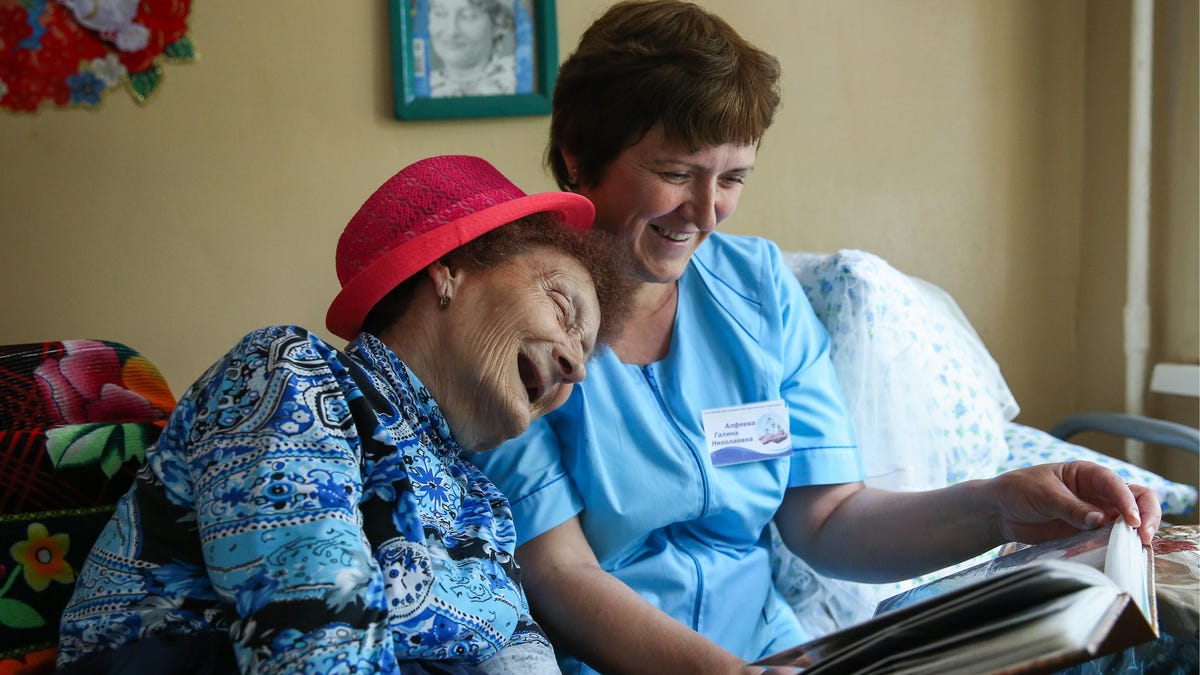Caring for someone with dementia is scary, but it doesn’t have to be as complicated as you think. Whether you’re caring for your parents, an elderly family member with Alzheimer’s disease or another form of dementia, or you’re working in elderly care and doing your job knowledgeably; the right approach is crucial to success. Gaining knowledge about dementia and maintaining a positive but realistic attitude will help you continue to be a carer. You can reduce the difficulties you face and even improve the quality of the care you provide. Here are some important facts to remember when taking on the role of carer for people with dementia. Don’t forget to check the first and second parts of this article for more fundamentals.
Track Their Symptoms and Behaviour Over Time
There are many possible symptoms that people with Alzheimer’s disease can experience at different stages, and the symptoms also vary from person to person. So, by monitoring their behavioural changes over time and keeping notes and records with these details, their healthcare providers can have beneficial information as they help to tailor care and treatment. That’s also important information to share with a family member who might not be in custody to witness a behaviour change. All carers involved must be on the same page. If, for example, your loved one gradually forgets more words and places, or the judgment is getting worse, it would be things that need to be collected and communicated to the personal health care provider.
Be a Realistic Caregiver
Be realistic about what success looks like in the course of the disease. Success is about making the person you care for feel as comfortable, happy and safe as possible. Most experienced carers of people with dementia will confirm that the person they care for has good days and bad days. Try to encourage the person with dementia to have good days and even good times, but don’t force it on them. Also, be realistic about the course of the disease. Remember that most forms of dementia, including Alzheimer’s disease, are irreversible and progressive. Dementia worsens over time, and there is no known cure (except drug-related dementia, which can be prevented by stopping the medication).
Respect Their Independence and Identity as Much as Possible
Your main priority in providing care is to help extend their dignity and independence for as long as possible. So instead of moving on and taking over all the tasks and responsibilities that can confuse a person with Alzheimer’s disease – think about it more than if you were bothering them. For example, you can pack an extra set of clothes when you go to dinner in an emergency, or make sure they sit next to someone at the table who knows the situation and is sensitive to it. You don’t want them to save lives and not be socially involved; you want to plan and anticipate any issues you may have. You also want to play to their passions and hobbies as much as possible, which can help maintain their identity. Maybe that means playing golf or tennis with them for hand-eye coordination.
Caring for someone with Alzheimer’s disease can be challenging and ever-changing, so it’s worth considering working with an expert to help create a care plan that’s right for your loved one. If you feel lost and overwhelmed, it may be helpful to consult with a social worker or geriatric care manager (for example, through the Alzheimer’s Association or other support agencies) to facilitate and organize your care plan. And don’t forget that you also have a care plan. And to be able to deal with these situations, it’s also important to maintain your mental health, keep exercising, and eat well and get enough sleep.







[…] – Caring for Someone With Alzheimer’s Disease; […]
I do believe all of the ideas you have presented
for your post. They’re really convincing and will definitely work.
Still, the posts are too brief for newbies. Could you
please lengthen them a little from subsequent time?
Thank you for the post.
my web site :: die-rheinischen-bauern